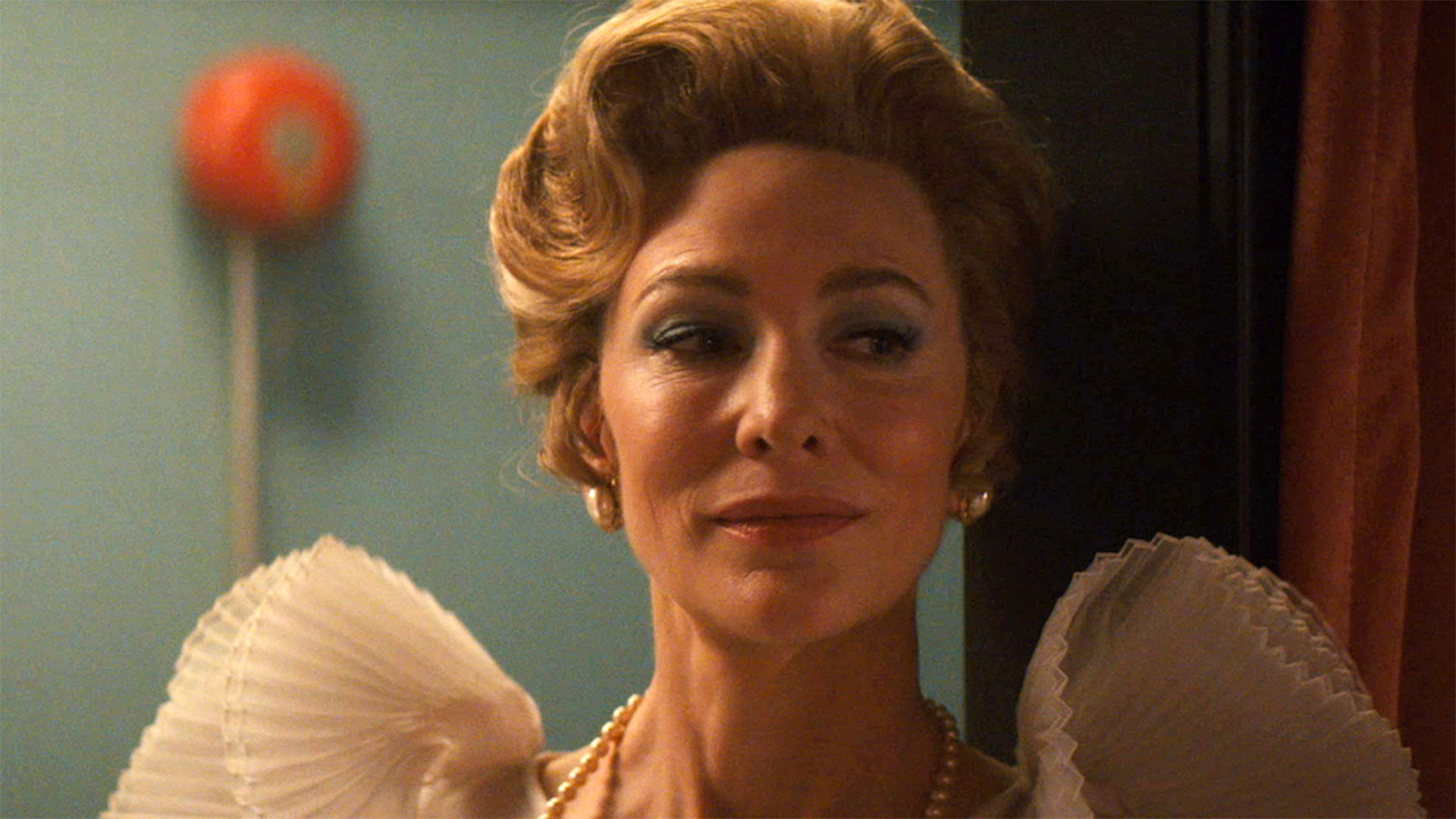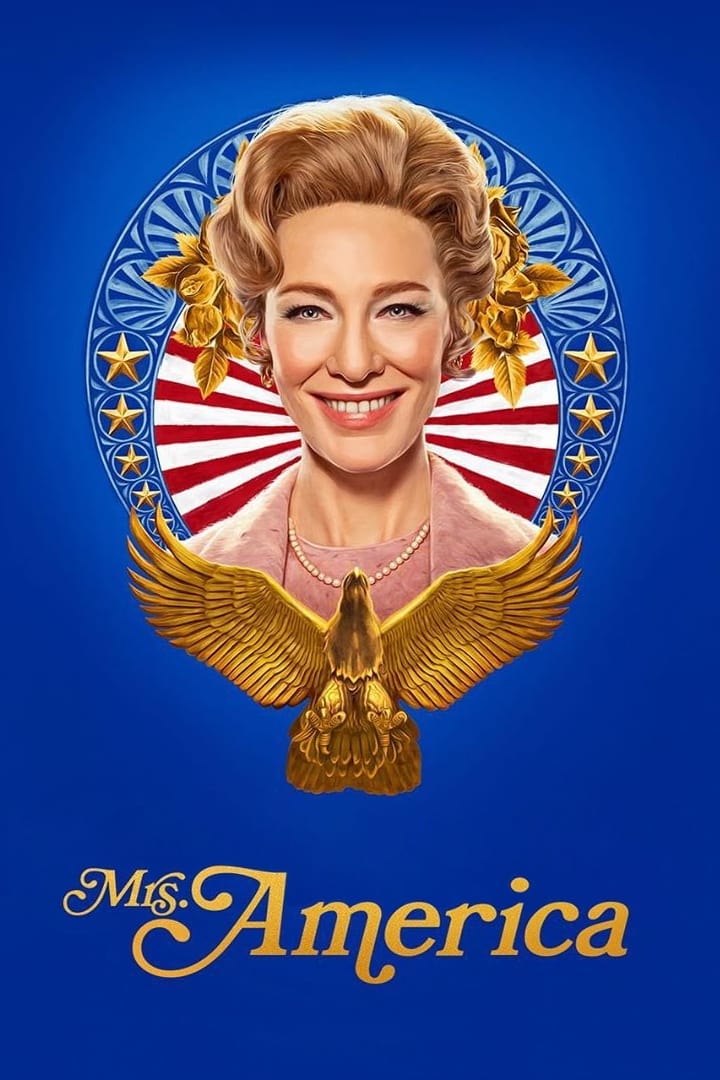In a world saturated with stories, do these television and film productions truly capture the complexities of women's lives and the evolving social landscapes they inhabit? Both Mrs. America and Mrs. American offer compelling, yet distinct, narratives that invite reflection on the shifting terrain of gender roles and societal expectations.
Both Mrs. American and Mrs. America serve as crucial explorations of women's roles in society, but they approach these themes from different perspectives. Mrs. America, a miniseries that aired in 2020, focuses on the fight against the Equal Rights Amendment (ERA) in the 1970s, led by the formidable Phyllis Schlafly. In contrast, Mrs. American, a newer release, presents a fictional narrative intertwining personal ambition with the backdrop of societal expectations. This article aims to provide an in-depth analysis of both productions, offering insights into their cultural significance and the messages they convey.
As we navigate through the complexities of these narratives, we will utilize the principles of E-E-A-T (Expertise, Authoritativeness, Trustworthiness) and YMYL (Your Money or Your Life) to ensure that the information presented is reliable and valuable to our readers. Whether you are a casual viewer or a dedicated follower of these shows, this comprehensive comparison will enhance your understanding of the themes and characters that shape our perceptions of women's roles in society.
- Unveiling Julianne Phillips Life Career Legacy Discover More
- Jj Da Boss The Street Racing Legends Journey Legacy
| Key Figure | Born | Known For | Role in "Mrs. America" | Reference |
|---|---|---|---|---|
| Phyllis Schlafly | August 15, 1921 | Political activist, author, and commentator; most notably known for her opposition to the Equal Rights Amendment. Her book "A Choice Not an Echo" gained significant recognition. | The central figure, leading the conservative opposition against the ERA. She masterfully organized and mobilized conservative women. | Britannica |
| Cate Blanchett | May 14, 1969 | Acclaimed actress, renowned for her versatile performances in film and theater. Has won numerous awards, including two Academy Awards. | Portrays Phyllis Schlafly, embodying her persona with remarkable detail and depth, capturing both her public persona and internal complexities. | IMDB |
| Rose Byrne | July 24, 1979 | Australian actress, known for her roles in films and television. | Portrays Gloria Steinem, a prominent figure in the feminist movement and a key supporter of the ERA. | IMDB |
| Tracey Ullman | December 30, 1959 | British-American actress, comedian, and singer. | Portrays Betty Friedan, the author of "The Feminine Mystique" and a leading figure in the feminist movement. | IMDB |
Mrs. America, the miniseries, plunges viewers into the charged political climate of the 1970s, a time of profound social transformation. The narrative centers around the galvanizing fight over the Equal Rights Amendment, a proposed constitutional amendment designed to guarantee equal rights under the law regardless of sex. The series meticulously recreates the fervent activism of the era, both for and against the amendment, giving voice to the myriad perspectives that shaped the debate.
The focus on Phyllis Schlafly, portrayed with compelling nuance by Cate Blanchett, allows for an exploration of the complexities of conservative activism. Schlafly, a brilliant strategist and orator, became the face of the opposition, arguing that the ERA would undermine traditional family values and potentially strip women of legal protections. The series doesnt shy away from the controversial aspects of Schlafly's views, while simultaneously exploring her motivations and the impact of her efforts.
In contrast, Mrs. American offers a fictionalized lens through which to view the evolution of female identity. While details about this production remain limited, the premise suggests a more contemporary exploration of the challenges faced by women balancing ambition with societal expectations. Unlike the historical backdrop of Mrs. America, Mrs. American appears poised to delve into the internal and external pressures that women encounter in the modern era, potentially touching on themes of career, relationships, and personal fulfillment.
- Kendall Jenner From Reality Tv To Fashion Icon All You Need To Know
- Jmes Net Worth 2024 How The Grime Legend Built His Empire
The character development in Mrs. America is particularly rich, allowing viewers to understand the personal journeys of the women involved in this pivotal historical moment. Phyllis Schlafly's transformation from a housewife to a powerful political figure is meticulously detailed. Her evolution reflects the inner conflicts and societal pressures that women in the 1970s grappled with. The series also delves into the lives of prominent feminists, like Gloria Steinem and Betty Friedan, providing a multifaceted view of the movement.
The character development in Mrs. American, as a fictional narrative, may lend itself to a different approach. The protagonist's growth would likely be shaped by her personal ambition, mirroring the evolving understanding of womanhood. This could involve navigating career advancement, personal relationships, and the constant negotiation between societal pressures and inner desires. The character's experiences would provide a window into the internal battles faced by women.
Both productions, although disparate in their genesis, delve into the significant themes of empowerment and feminism. Mrs. America delves into the anti-feminist movement, offering a critique of the pushback against women's rights. It underscores the battles fought to gain equal rights and legal protections. The series provides a view of the individuals and forces arrayed against the advancement of women.
In contrast, Mrs. American will likely portray a more individualized perspective on empowerment, focusing on the protagonists personal success. It may showcase the choices, compromises, and victories that women make to achieve their ambitions. It potentially touches upon themes of individual freedom, self-discovery, and the ways in which women define their own success.
Societal expectations form another crucial element in both series. Mrs. America vividly portrays the traditional roles that women were expected to fulfill in the 1970s. It showcases the cultural norms that confined women to specific domestic spheres. The series may explore the expectations concerning marriage, motherhood, and their limitations on women's ambitions and self-expression.
Mrs. American, in turn, will likely challenge these norms by portraying a protagonist who attempts to redefine her identity. The series might demonstrate a woman's drive to break free from conventional expectations. It could depict her journey through a male-dominated workplace or the choices she makes concerning marriage and family. It likely confronts the challenges of navigating the current societal landscape with its evolving definitions of gender roles.
The cultural impact of both series is considerable. Mrs. America, upon its release, sparked a robust discussion about the feminist movement and the continuing struggle for women's rights. It reached a broad audience, encouraging dialogue about historical events and their reverberations into contemporary society. The series has helped inform and inspire new generations to engage with questions of gender equality and justice.
Mrs. American, though fictional, will likely have a similar impact. It offers a reflection of the aspirations and challenges faced by modern women. This series has the opportunity to contribute to the ongoing conversation about gender roles and provide viewers with a space to reflect on their own experiences. The fictional narrative can address topical issues that resonate with contemporary audiences.
Examining the parallels between these productions provides insight into how societys views have evolved and also highlight the consistent concerns. Both series, while approaching the subject from different directions, highlight the complexities inherent in the roles women have played in society. They acknowledge the intricate balance that women must strike between their ambitions and the expectations they face.
Each production addresses themes of empowerment and societal expectations, with emphasis on the various avenues women pursue in order to define themselves. They illuminate the different forms that gender roles take. The series explore the way these constructs affect women's lives, whether navigating politics, career goals, personal relationships, or the battle for fundamental rights.
Both productions have sparked conversations about gender and politics. Mrs. America has stimulated thought regarding the political landscape of the 1970s. In addition, it has influenced conversations about the forces and players behind the ongoing battle for women's rights.
Mrs. American has the potential to ignite discussion about the contemporary challenges faced by women as they advance their own goals in the current society. The series may ignite a debate on the ways women are reshaping gender roles in an ever-evolving society.
Mrs. America distinguished itself from Mrs. American through its factual nature. Mrs. America is a historical drama, rooted in the events of the 1970s, providing a nuanced depiction of the fight over the Equal Rights Amendment. The series provides insights into the individuals, political forces, and the various social undercurrents of that time.
Mrs. American is a fictional narrative. It has a unique perspective, examining the interior life of a woman striving to carve a path for herself. This permits the series to explore individual motivations and the ways women strive to attain their objectives.
The focus of Mrs. America contrasts with the personal narrative of Mrs. American. Mrs. America gives a broad overview of the political and cultural context of the 1970s. It immerses the audience in the discussions and tensions surrounding the Equal Rights Amendment.
The core of Mrs. American remains centered on the personal journey of the leading character. The audience gains a glimpse of her ambitions, the obstacles she encounters, and the manner in which she navigates societys expectations. The series concentrates on the internal struggles faced by modern women.
The character motivations differ between the series. Mrs. America provides insights into the political activism of figures like Phyllis Schlafly and their efforts to shape legislation and public opinion. It reveals their strategy and the conviction that underlies their actions.
Mrs. American explores personal ambition. It is expected to focus on the drive to achieve personal success, self-discovery, and the way in which women negotiate internal and external hurdles. The series is centered on the internal journeys of its main characters.
In conclusion, Mrs. American and Mrs. America offer distinct but complementary perspectives on womens experiences in society. The former delves into the historical activism and the political currents of the 1970s, while the latter looks at individual ambition. Both productions contribute to the ongoing conversation surrounding gender roles and societal expectations, inviting us to reflect on these themes.
We invite readers to consider these themes and engage with the narratives presented in both series. It is important to reflect on these stories and the characters they portray, as they offer a glimpse into the evolution of womens lives.
- Fmovies Guide Your Ultimate Streaming Resource Updated Year
- Shannon Gunz Rising Stars Biography Music More

